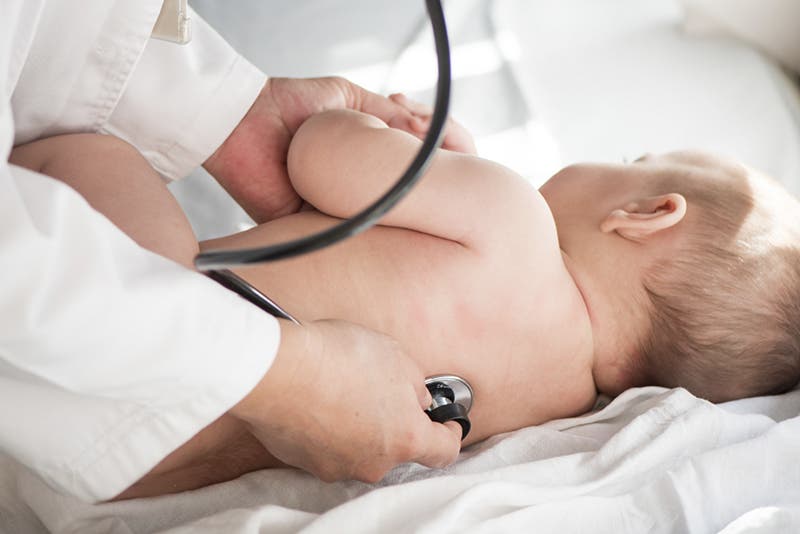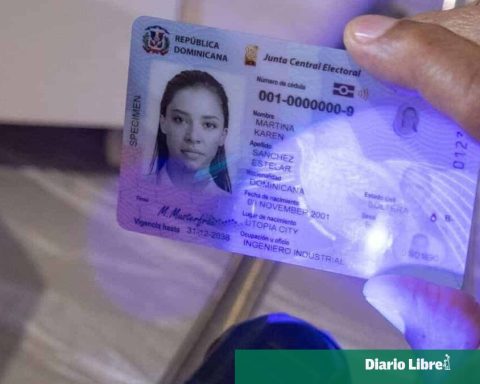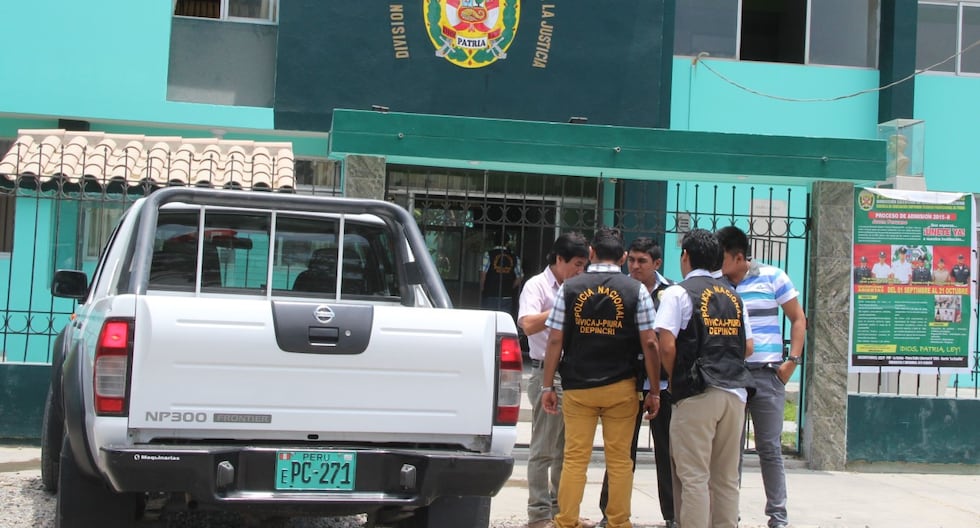Santo Domingo. – A pediatric cardiologist suggested that pregnant women should undergo a baby cardiovascular evaluation in your uterus to detect any heart disease early congenital disease that the baby may acquire before being born.
Dr. Ana Leticia López, pediatric cardiologist at Hospiten Santo Domingo, assured that “there are pediatric cardiologists specializing in fetal echocardiography for early detection and planning, in case the baby comes with congenital heart disease.”
The ideal – says López – is for every pregnant woman to undergo this study, because no one is exempt from the possibility that the baby may have heart disease, either because the mother was sick at the beginning of the pregnancy or for any other reason.
“The heart is one of the organs that forms the earliest in pregnancy.“, he commented and added “between the fourth and eighth week, many times the woman does not even know that she is pregnant and the heart is already there, in fact, the greatest emotion for a pregnant woman is to feel the baby’s heartbeat.”
He recommended evaluating the fetus starting at 22 weeks of pregnancy, but understands that the ideal would be closer to week 30, but as early as week 22 the baby’s heart can be evaluated.
With the heel test or neonatal metabolic screening, which is performed in the first days of life, he says, metabolic disorders associated with heart disease or that will later affect the heart are looked for.
“And if the patient has a metabolic disorder, he must be evaluated by the cardiologist to detect and prevent those types of diseases in which it can be prevented, because some are not unpredictable.”
He added that next comes the evaluation of the newborn, precisely to see what could not be detected with the fetal echo.
“When the baby is born and later at different stages of the child’s life, he or she must be evaluated routinely and go to the cardiologist to find out if he or she has acquired a disease that can affect the heart, especially if he or she plays sports,” he said.
He pointed out that cardiovascular recognition is important because it allows us to detect if there is any problem that could limit the physical activity of that patient.
“We must anticipate events such as sudden death that could occur to a child running on a soccer field and playing baseball.”
Cardiovascular evaluation of a newborn baby, he said, includes cardiovascular physical examination, electrocardiogram and echocardiogram, which is the gold standard for detecting heart disease whether congenital or acquired.
“Several things influence crib deaths, but of course the early detection of congenital heart diseases can help reduce sudden neonatal death because, sometimes, there is an undetected heart problem,” said the Hospiten Santo Domingo professional.
He clarified that the echocardiogram does not replace the electrocardiogram, since the echo will physically show what the heart looks like, its structure and contractility, but with the electrocardiogram the electrical conduction, the rhythm of that heart, will be seen.
“There are abnormal rhythms that will lead to heart dysfunction,” said the Hospiten Santo Domingo specialist.
“Although early sports practice is increasingly promoted in a sporting environment, the hustle and bustle of life itself causes people to fall into a sedentary lifestyle that results in obesity, which has an impact on adult life,” he said.
Hospiten is an international health network with more than 55 years of experience committed to providing a service of the highest quality, which has 20 private medical-hospital centers in Spain, the Dominican Republic, Mexico, Jamaica and Panama.
It has 175 outpatient medical centers, under the Clinic Assist brand, and annually serves more than two million patients from around the world and has a staff of more than 5,000 people.

















